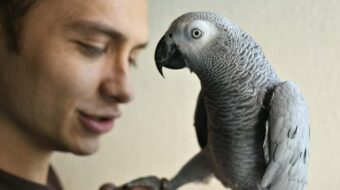
Aspergillosis
Aspergillosis is a respiratory disease caused by the fungus Aspergillus Fumigatus. African Greys and Amazonians are more susceptible to the disease than other species.
More
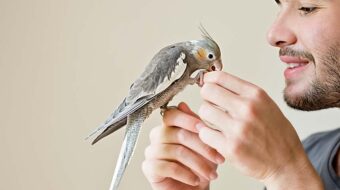
Chlamydophilosis
Chlamydophilosis, also known as psittacosis, is a disease caused by a bacterium called Chlamydophila Psittacii. It is a moderately prevalent disease that can be fatal to your bird.
More
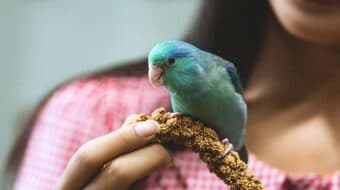
Chronic egg laying
A bird suffers from chronic egg laying when it lays more than 2-3 times a year or when it lays more than 5-6 eggs per clutch.
More
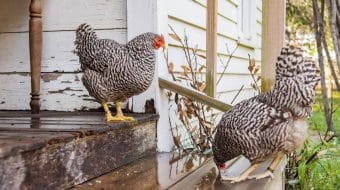
Chronic Egg Laying
Can female birds lay eggs even if they have no contact with a male? Yes, these eggs are simply sterile - this is a normal process. When parakeets, lovebirds and cockatiels (callopsite parakeets) start a clutch, you can expect to see 4 to 6 eggs,...
More

Exotic bird care
The colorful plumage, the great intelligence and the long life expectancy of some species of exotic birds makes them very charming to the unasual animal lover!
More
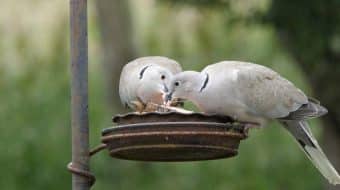
Nutrition for Columbiformes
The natural diet of most columbiformes (doves and pigeons) consists mainly of the seeds of cultivated grasses and legumes. On occasion, the diet is supplemented with berries, the green parts of plants, as well as insects and grubs. Columbiformes do no hull their seeds, swallowing...
More
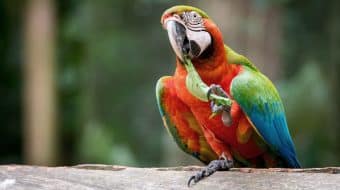
Nutrition for Parrots
Various species of birds are kept as pets, and these originate from very diverse ecosystems such as the canopies of tropical rain forests, the Australian savannahs or the foothills of the Andes. Thus, they erquire diets that are as equally diverse, which can change with...
More

Nutrition for Passeriformes
Passeriformes (perching and songbirds) is the largest order of birds. Birds from this order adopt as many different feeding strategies as the variety of ecosystems they inhabit. They may be granivorous, frugivorous, insectivorous, nectarivorous, omnivorous and even carnivorous. Most passeriformes kept in captivity (finches and...
More

